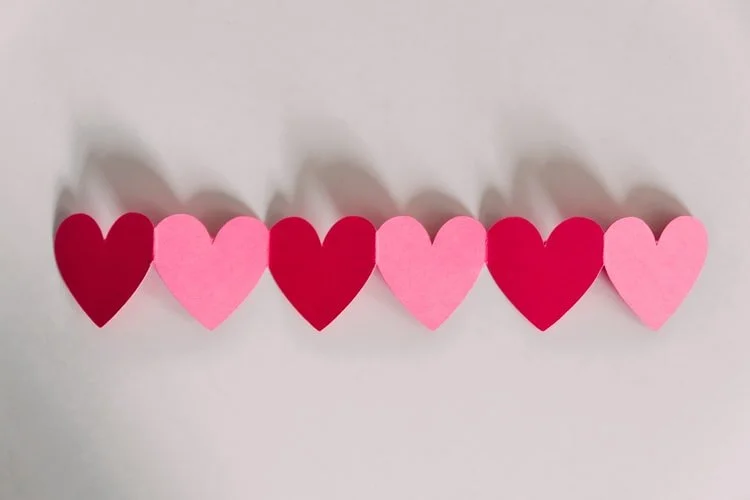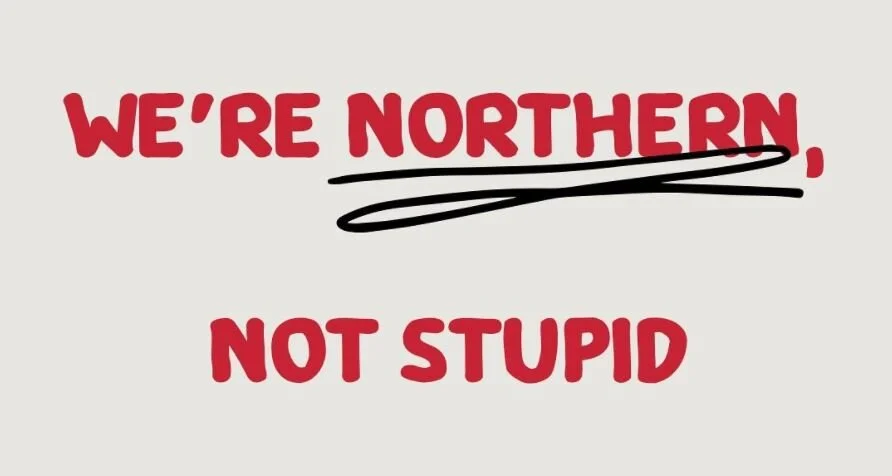He Said Yes! How gender stereotyping in marriage proposals is still a thing
Recently, I asked my boyfriend to marry me. This seemed to cause quite a stir – not just among friends and family who were happy and excited for us, but also among people that we aren’t close to at all. Colleagues at work, old school acquaintances and friends of friends mostly reacted well, but there were some whose response struck me as odd. Confusion, surprise and pity were fairly common, but the most bizarre reaction was from a drunk man on a night out.
Allow me to set the scene: a night out with friends involving drinking, dancing, and avoiding creepy men. Enter, an especially persistent and aggressive specimen who we all, in varying ways, tell to piss off. To cut a long and painfully familiar story short, I was frustrated enough to pull the “engagement card”.
I have found that, disgustingly, men are more likely to leave you alone when they think you are already “taken”. However, at this point I did not have a ring, and so I was driven to further explain that I had proposed to my boyfriend - not the other way around. It turns out that Hell hath no fury like a straight man scorned. He proceeded to tell me that I was disgusting, unnatural, stuck-up and, my absolute favourite, ‘a demon feminist cow’.
I was confused. Why was he so angry? Where was all this hatred coming from? This was obviously an extreme reaction, but I couldn’t help but draw similarities between his frantic rant and the baffled surprise of my acquaintances. It is so ingrained in our culture that the man asks and the woman says ‘yes’, that anyone that strays from convention draws attention.
Apparently, I should have waited patiently for my partner to pop the question in a suitably romantic spot on bended knee with a whopping diamond ring, and not have dared to ask him on a normal Sunday night in our messy flat, virtually unplanned. The drunk man seemed personally threatened and, on reflection, I wonder whether he felt that I had emasculated my boyfriend, or that it was his job to ‘put me back in my place’.
His reaction made me think deeply about women’s assumed role in heterosexual relationships. I realised that there is a lot of waiting about for us – we wait to be asked on a date, we wait for the man to initiate physical contact, and we wait for him to propose. It’s like we’re unable to be active subjects, and make our own decisions in our own time because if we do, we contravene society’s expectations of us, becoming undesirable and abnormal.
Despite progress, women are still largely instructed in passivity – to look and behave in certain ways that conform to a restrictively defined femininity. Cis men, in contrast, are encouraged to act without constraint and are rarely denied the opportunity to live life on their own terms. Perhaps, in some way, I had stolen a little of this power by asking a question that historically, has always been theirs to ask.
The man’s outburst was so ridiculous, and he was so blatantly drunk, that I was able to brush off his accusations quite easily. However, I did feel that I have often had to justify my decision to other people – especially those that looked concerned, as though I had been driven to such a desperate act by the neglect of my partner to ask me first.
One woman told me that it was ‘such a shame’ that I had been denied a ‘proper proposal’, and hoped that he would at least get me a nice ring to make up for it. Other people asked whether he had also planned to propose, insinuating that if he had, then at least there was some proof that my love for him was reciprocated.
My decision to ask my partner to marry me was not a consciously feminist act, but I have become increasingly aware that it is still an unusual thing to do. Proposing is still very much characterised as a man’s job, largely because of the historical significance of marriage. Indeed, our wedding traditions echo patriarchal control – the white dress symbolising virginal purity and the “giving away” of the bride a reflection of her position as an object in a financial exchange. Perhaps it’s little wonder that drunk man got so angry at me; perhaps a woman asking a simple question of the person that she loves is, actually, a rebellious act. Why else has same-sex marriage been so actively opposed if not because allowing it is enabling acceptance, and conferring power?
To ask someone to marry you is a personal choice, but it is also an inherently political one, and one that is inextricably connected to our status in society. And to those people that still look confused or disgusted or pitying, I would ask – why wouldn’t I want to play an active role in deciding what my future will look like? Why wouldn’t I want to be the person that asks the question and hears, in response, ‘Yes’?
Cover photo by Kelly Sikkema





